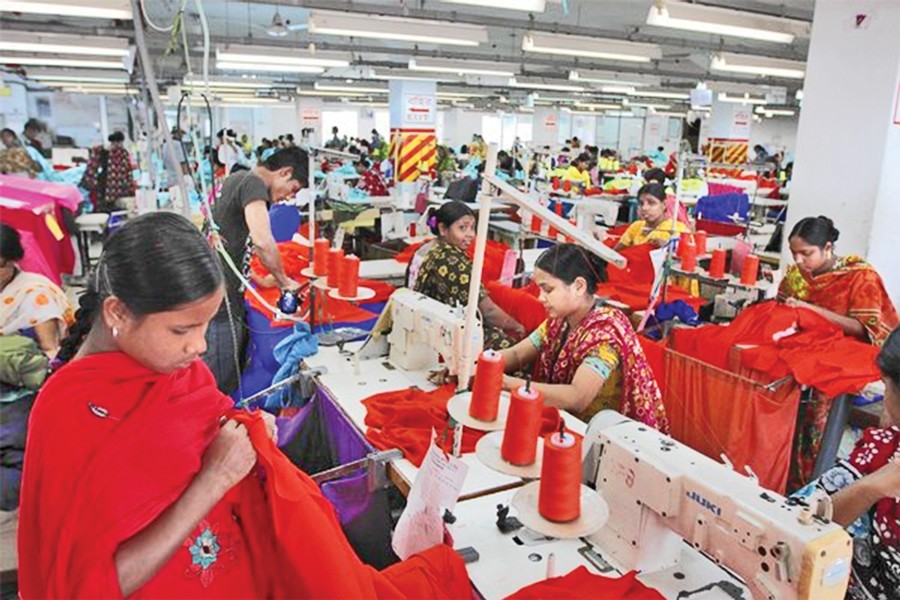A level-playing field can only ensure transparency in the global supply chain in bringing a change in the fashion landscape, said a Bangladeshi denim maker.
He underscored the need for setting unified standards to practise transparency in reality and hold all involved in the supply chain accountable.
Mostafiz Uddin, managing director of Chattogram-based Denim Expert Ltd, said this at the sixth edition of Copenhagen Fashion Summit 2018 in Denmark on May 16.
He spoke at a session 'Enabling Transparency to Create Change' presented by C&A Foundation where European Union (EU) policy-makers, top officials of brands and retailers and representatives from global rights groups were present.
The summit served as a meeting platform for fashion sector's decision-makers, leading non-government organisations (NGOs), experts, policy-makers and academics.
It aimed to create a common understanding and gain commitment on the most critical issues facing the industry today.
Mr Uddin shared the summit's experience to a group of journalists at his factory located at Chattogram Export Processing Zone on Saturday.
Buyers' representatives were also present there.
"The biggest barrier to transparency that can significantly change the fashion landscape is cost. Someone somewhere has to pay for it," the denim exporter told the summit.
"We actually accept to pay the price as long as we know that we'll get some benefits out of it," he explained.
Transparency is the first step towards a different culture for fashion and everybody has to be equally transparent, he mentioned.
Mr Uddin stressed the need for the high level of engagement and support from brands, retailers and consumers to make transparency practices in reality.
He also raised a question as to why a universal rule is not formulated that demands transparency.
After Rana Plaza collapsed, multiple safety measures were taken in Bangladesh garment factories, he said.
Compliance issues must be ensured in factories in other countries, Mr Uddin told the Copenhagen summit.
In reply to a query, a buyer's representative at the view-exchange meeting said it is consumers who play a role in raising the garment price.
Bangladesh is still a lucrative destination for foreign buyers and it has immense potential, he said, suggesting the local makers go for value added items.
The executive sees infrastructure as the key challenge for the industry to grow, especially to receive more garment orders.


